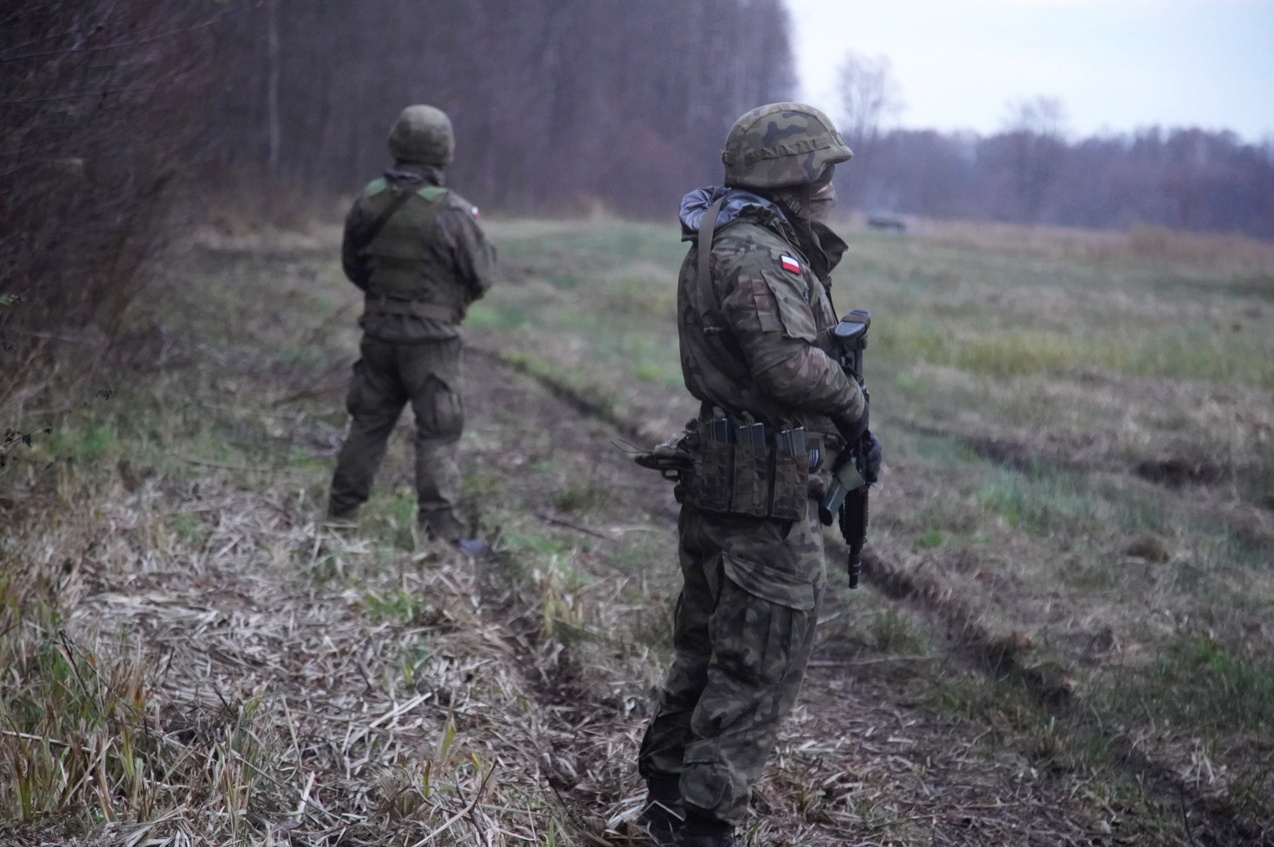Migrants and refugees have crossed the seas in search of a better life for centuries, like the Pilgrims did when they landed on Plymouth Rock in 1620, and in the case of the ‘Windrush’ generation of West Indians arriving in the UK after the Second World War, writes Louis Auge.
Yet in 2016, it was the displacement of those caught up in the never-ending conflict of the Middle East that pushed tens of thousands to make their way across the Mediterranean. The crisis sparked international outrage and a resounding condemnation of the EU and its border policy. Despite claiming to have learnt its lesson, just a few years on and Europe looks to be sleepwalking towards a second migration crisis.
Beginning this summer, the arrival of refugees apparently sent by President Lukashenko of Belarus, clearly unabashed by his regime’s comprehensive sanctioning by the West, has brought chaos back to the EU’s borders. The Kremlin-backed Lukashenko has held firm in the face of economic isolation and the West will need a different, more diplomatic approach, to truly safeguard the interests of the Belarusian people.
A new crisis emerges
Sourced from the warzones of the Middle East and Africa, for the past few months, the Lukashenko regime has offered visa-less entry into Belarus to refugees from over seventy countries.
Reports suggest that migrants are initially flown into Minsk and are then smuggled across the EU’s borders, into Poland or the Baltic states, by criminal gangs. Security services in Poland and Germany claim the Government of Belarus routinely takes a cut of the fees charged, which can be up to €7000 per refugee.
The Polish border force has stopped 16,000 migrants from entering the country since August, but the 5,000 migrants detained in Germany over a similar time period show the extent to which smugglers are wrongfooting the Polish authorities and delivering their clients as far as Western Europe.
Anyoneapprehended by a national border force is confined to a holding centre, the majority of which are ill-equipped to provide healthcare and other support. Yet those turned away at the border have it worse, finding themselves trapped in a dangerous limbo, short on supplies and exposed to the elements. This is the avoidable cost of the West’s estrangement of Belarus.
European disunion
Sensing the danger of further crossings, the head of the German Federal Police Union Heiko Teggatz raised his concerns about the exposure of his members to unvaccinated migrants in a letter to Germany’s interior minister, which was subsequently leaked to the press.
The growing panic in the German and Polish governments is evidence that Lukashenko’s weaponization of migrants is opening up old wounds from 2016, when many of the bloc’s members called for a stronger hand in dealing with migratory flows inside the Schengen Zone.
Very much aware of intra-European squabbles, Lukashenko has picked the perfect moment to target the Polish border, with Poland’s top court having just rejected the principle of the primacy of EU law over national legislation, putting it in direct conflict with the EU’s Commission and Supreme Court.
The undermining of the EU’s constitutional treaties means that it must now face off against Belarus, a Putin-backed livewire that Western sanctions have failed to pacify, with one hand tied behind its back.
A return to diplomacy
A cursory glance at recent history tells us that sanctions do indeed often entrench conflict, rather than resolve it. Take John F. Kennedy’s imposition of a trade embargo on Cuba in February 1963, which he hoped would bring its revolutionary government to heel and push the country towards capitalism.
Yet the Soviet Union stepped in with financial and military aid to reinforce Castro’s grip on power, subjugating Cubans to decades of economic isolation.
The parallels with Russia’s support for Belarus today are deeply concerning and Western leaders must wake up to the fact that their sanctions, far from dislodging Lukashenko, have emboldened both him and the Kremlin.
There is a clear alternative to this failed approach. The West would be wise to propose a timeline to the Lukashenko regime, loosening the economic screws on the Belarusian economy in return for democratic and humanitarian reforms.
It is diplomacy, defined by Henry Kissinger as the ‘art of restraining power’, that will break the deadlock. All Belarus’ sanctioning has achieved is the unleashing of forces that the West will struggle to contain.





























